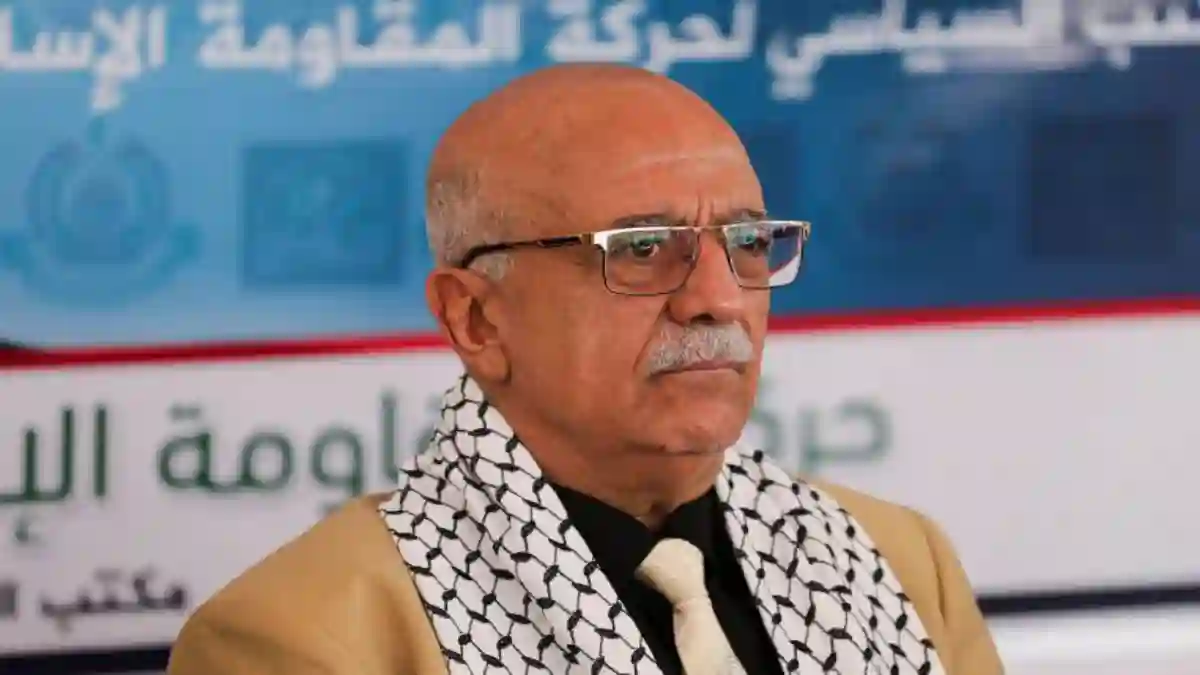
In a major escalation in the ongoing Middle East conflict, the Houthi Prime Minister killed during an Israeli airstrike has been officially confirmed by both Israeli authorities and Yemeni sources. The strike, carried out in the capital city of Sanaa, targeted a high-level government meeting on Thursday, resulting in the death of Houthi Prime Minister Ahmed al-Rahawi along with several senior officials of the Houthi administration.
Israeli Strike in Yemen Targets Houthi Leadership
According to the Israel Defense Forces (IDF), the operation was aimed at senior members of the Houthi regime who were directly responsible for coordinating military operations, missile strikes, and attacks against Israeli civilians and international shipping routes. The targeted facility was identified as a command hub used for planning offensive operations.
The Houthi Prime Minister killed in the strike was accompanied by several ministers, including the ministers of social affairs, agriculture, economy, justice, and information. Their deaths represent one of the most severe blows to the Houthi leadership in recent years.
The IDF emphasized that this strike was part of Israel’s broader campaign to neutralize threats posed by the Houthis, who have aligned themselves with Iran and declared support for Hamas in the ongoing Israel–Gaza conflict.
Response to Houthi Missile Attacks
The Israeli government confirmed that the operation was carried out in retaliation for multiple Houthi missile launches targeting southern Israel and naval shipping lanes in the Red Sea. These attacks, the Houthis claimed, were conducted in solidarity with Palestinians in Gaza.
Following the confirmation of the Houthi Prime Minister killed, Israel issued a statement declaring that it “will continue to target all threats against Israeli civilians.” Officials further noted that the Houthis have increasingly acted as an extension of Iranian influence in the region, making them a strategic target in Israel’s security doctrine.
Houthi Reaction and Regional Fallout
In response, the Houthi leadership denounced the airstrike as a “cowardly assassination” and vowed retaliation against Israel. Senior Houthi spokespersons warned that their forces would escalate attacks in both the Red Sea and on Israeli territory. The group’s media outlets have also portrayed the killing of the Houthi Prime Minister killed as a martyrdom that will “strengthen resistance.”
The incident has heightened fears of a broader regional conflict, as tensions already run high across the Middle East. Analysts believe that the elimination of such high ranking officials may weaken the Houthi command structure in the short term, but could also provoke more aggressive responses from both the Houthis and their Iranian backers.
Regional and Global Reactions
International observers, including the United Nations, have expressed concern over the escalation. The UN called for restraint, warning that the conflict could spiral further and destabilize an already fragile Yemen, where a prolonged civil war has created one of the world’s worst humanitarian crises.
With the Houthi Prime Minister killed, Yemen now faces uncertainty regarding political leadership within the Houthi-controlled government. The situation also raises questions about how the group will reorganize its leadership while sustaining its military operations.
















